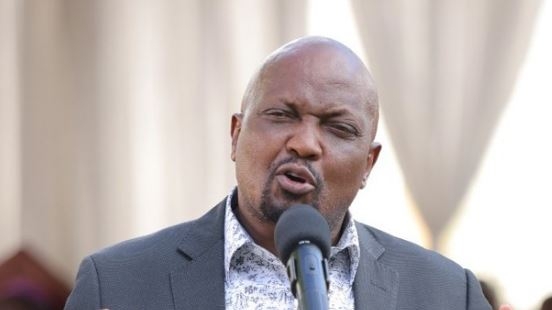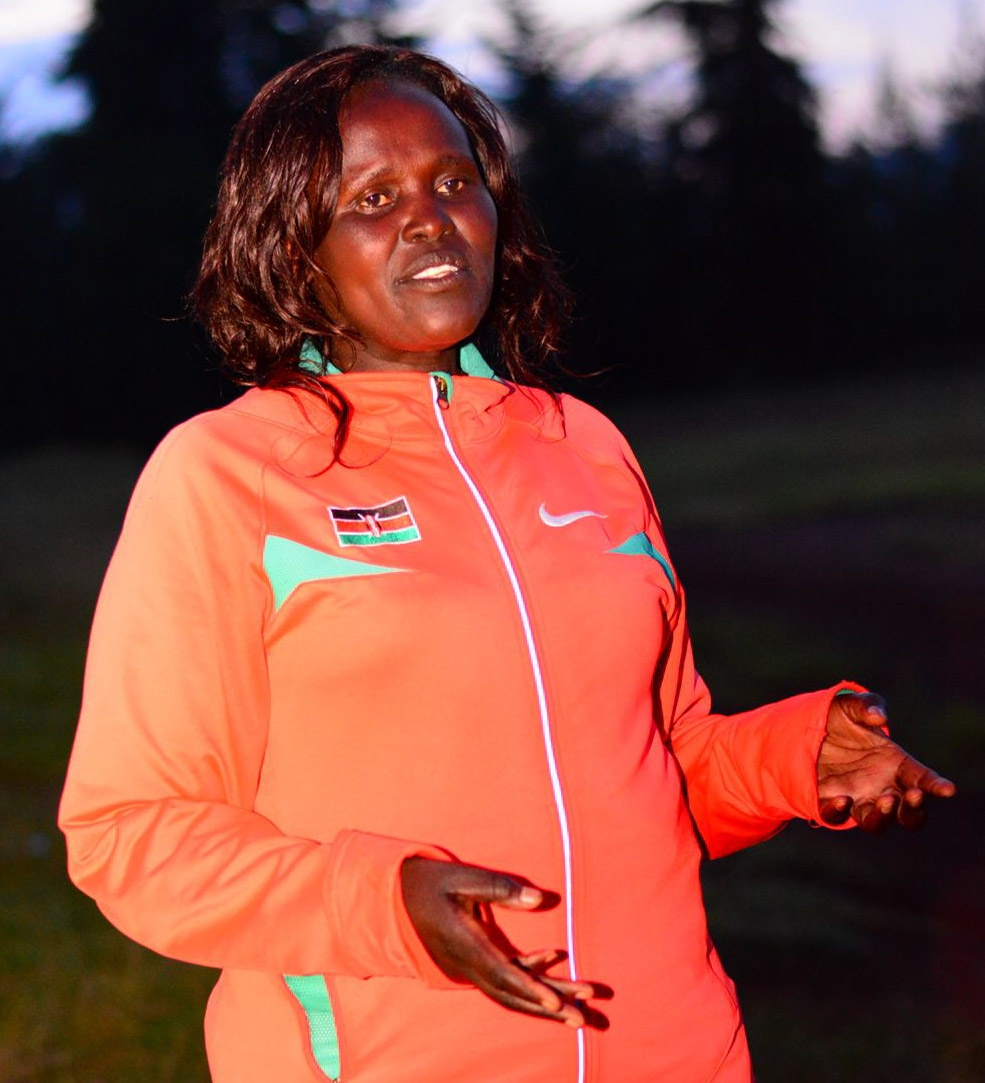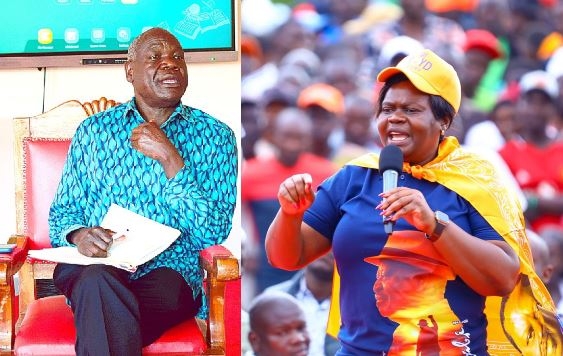New car sales in the country increased in May as dealers continued to gain from stable inflation and the shilling which has continued to strengthen against the dollar.
This, as strong activities in key sectors of the economy led by agriculture, construction and transport led to the uptake of new units, evidenced by the type of vehicles being bought.
During the month, the 11 key dealers in the market sold 958 units from the different showrooms across the country, up from 908 units the previous month.
The sales were mainly on completely knocked down units which are imported in parts and assembled in the country. New units are of zero millage.
Trucks were the most sold during the period (346 units), followed by pick-ups (both single and double cabins) where dealers sold a total of 300 units, and busses at 149 units.
Year-to-date, dealers have sold a total of 4,154 units, industry data by the Kenya Motor Industry Association (KMIA) indicates.
Market leader Isuzu East Africa, which sold 505 units during the month, had in February projected easing of showroom prices and a stronger performance on the back of a gaining shilling gained against the US dollar and other major currencies.
The local currency which hit a low of Sh160 to the dollar last year into this year, has gained to exchange at Sh128.76 yesterday.
Kenya’s overall inflation also remained broadly unchanged at 5.1 per cent in May 2024, compared to 5.0 per cent in April, which is the mid-point of the target range.
The CEOs Survey and Market Perceptions Survey which were conducted by the Central Bank of Kenya , ahead of this month’s Monetary Policy Committee meeting, revealed sustained optimism about business activity and economic growth prospects for the next 12 months.
“The optimism was attributed to expected continued good performance of agriculture, resilient services sectors, and a stable macroeconomic environment. Nonetheless, respondents expressed concerns about fiscal policy measures, high interest rates, and potential impact of geopolitical risks on the economy,” CBK governor Kamau Thugge said.
Strong performance in the agriculture sector and construction are expected to continue supporting the motor vehicle industry as large farms and developers take up trucks, prime movers, and pickups, among others.
Isuzu accounts for about 52.8 per cent of new vehicles sold in Kenya followed by CFAO Motors Kenya (formerly Toyota Kenya) which merged with DT Dobie, with a 31.8 per cent share.
“We expect continued uptake of locally assembled heavy commercial vehicles, trucks, buses, and other units,” Isuzu Sales and Marketing Director, Wanjohi Kangangi, said.
Even so, Kenyans continue to prefer cheaper second-hand cars mainly imported from Japan, with the country bringing in an average 6,000 to 8,000 units per month.
Local assemblers and dealers have been banking on KS1515:2019 standard by the Kenya National Bureau of Standards to help tame the high imports and support the growth of the local assemblies.
The standard meant to tighten inspection and allowable imports unveiled in 2019 was however challenged in court, with a pending case to date.
Investments, Trade and Industry CS Rebecca Miano said the government is finalising requirements for the implementation of the National Automotive Policy.
This is in a fresh bid to leapfrog the local assembling industry and discourage the importation of second-hand vehicles, even as it pushes for growth in the manufacture of electric vehicles.
The policy has been under formulation for the past three years, with several revisions and lobbying by dealers of new cars and second-hand imports, but is yet to be implemented amid protest by the latter.
“The policy will boost local content in vehicle manufacturing in Kenya and support our carbon neutrality aspirations including green industrialisation,” CS Miano said.













